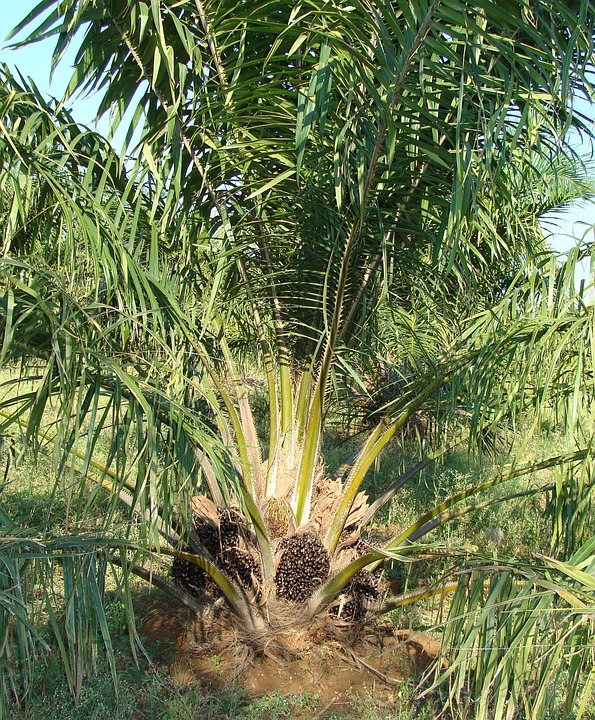The Role of Palm Oil in Biodiesel and Industrial Applications
Palm oil is a versatile and widely used vegetable oil that plays a significant role in various industries, including biodiesel production and industrial applications. In this report, we will explore the importance of palm oil in these sectors, discussing its benefits, challenges, and future prospects.
Overview of Palm Oil Production
Palm oil is derived from the fruit of oil palm trees, primarily grown in tropical regions such as Indonesia and Malaysia. These countries are the largest producers of palm oil, accounting for the majority of global production. The oil palm tree is highly efficient in producing oil, making it a cost-effective and valuable crop for the industry.
Palm oil is extracted from the fruit through a process of milling and refining, resulting in crude palm oil and palm kernel oil. These oils are then used in a wide range of applications, from cooking and food products to cosmetics and biofuels.
Palm Oil in Biodiesel Production
One of the key uses of palm oil is in the production of biodiesel, a renewable fuel that can be used as a substitute for diesel derived from fossil fuels. Palm oil biodiesel is considered a sustainable alternative to traditional diesel, as it is produced from a renewable resource and emits lower levels of greenhouse gases.
The demand for biodiesel has been increasing in recent years due to growing concerns about climate change and the depletion of fossil fuel reserves. Palm oil is a popular feedstock for biodiesel production due to its high oil content and relatively low production costs. However, the use of palm oil in biodiesel has also raised concerns about deforestation, habitat destruction, and biodiversity loss in regions where oil palm plantations are expanding.
Financial Data and Industry Insights
The palm oil industry is a major economic driver in countries like Indonesia and Malaysia, generating significant revenue and providing employment for millions of people. The global palm oil market is valued at billions of dollars, with demand coming from various sectors such as food, cosmetics, and biofuels.
In recent years, the palm oil industry has faced challenges related to sustainability and environmental impact. Environmental groups and consumers have raised concerns about deforestation, land grabbing, and human rights abuses in the palm oil supply chain. As a result, companies in the industry have been under pressure to adopt more sustainable practices and improve transparency in their operations.
Future Prospects and Challenges
Despite the challenges facing the palm oil industry, there are opportunities for growth and innovation in the sector. Companies are investing in research and development to improve the sustainability of palm oil production and explore new applications for the oil in industries such as biofuels and cosmetics.
The future of palm oil in biodiesel and industrial applications will depend on how well the industry can address environmental and social concerns while meeting growing demand for sustainable products. By adopting best practices in sustainable production and engaging with stakeholders, the palm oil industry can continue to play a valuable role in the global economy.
In conclusion, palm oil plays a crucial role in biodiesel production and industrial applications, offering a renewable and versatile source of oil for various sectors. While there are challenges to overcome, the industry has the potential to drive innovation and sustainable growth in the years to come.




